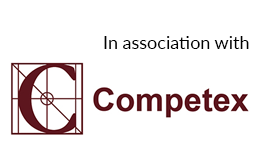Interim or consultant?
There is often a lot of confusion about the meaning of the term ‘interim manager’. The term is still relatively unknown compared to the term ‘consultant’, which has become the generic word for people who help organisations improve performance. The following model can be extremely valuable in positioning interim management with potential clients.
Any performance improvement initiative usually has four phases:
- Analysis – Working out what the real problem is and what the root causes of that problem are
- Design – Looking for potential solutions and then selecting the most appropriate
- Implementation – Implementing the solution, gaining the commitment of those involved and making all the necessary changes
- Maintenance – Embedding this as the ‘new way’ of working whilst still looking for ways of continuously improving performance.
Traditionally, consultants are seen to operate in the first two areas on the list (analysis and design) and look to the client to implement their recommendations. Interims on the other hand are seen more as implementers, rolling their sleeves up and making things happen.
Rather than getting too wrapped up in whether you are an interim or a consultant, the real discussion you need to have with the client is where they are in the above process and what input/advice/guidance they need to make it work/speed things up. You can then decide if you are the right person to get involved based on your own knowledge, skills, experience and your own desire to do the job.
There are interim managers and consultants who may only work in one of the phases e.g. there are some interim managers who only work in the maintenance phase and take on ‘gap’ assignments where, for example, they may be filling a role whilst the incumbent is on maternity/paternity leave. Others may work in all four phases. Ultimately, it’s down to the requirements of the role and the end-client.
Next resource: Which trading format should I use?

